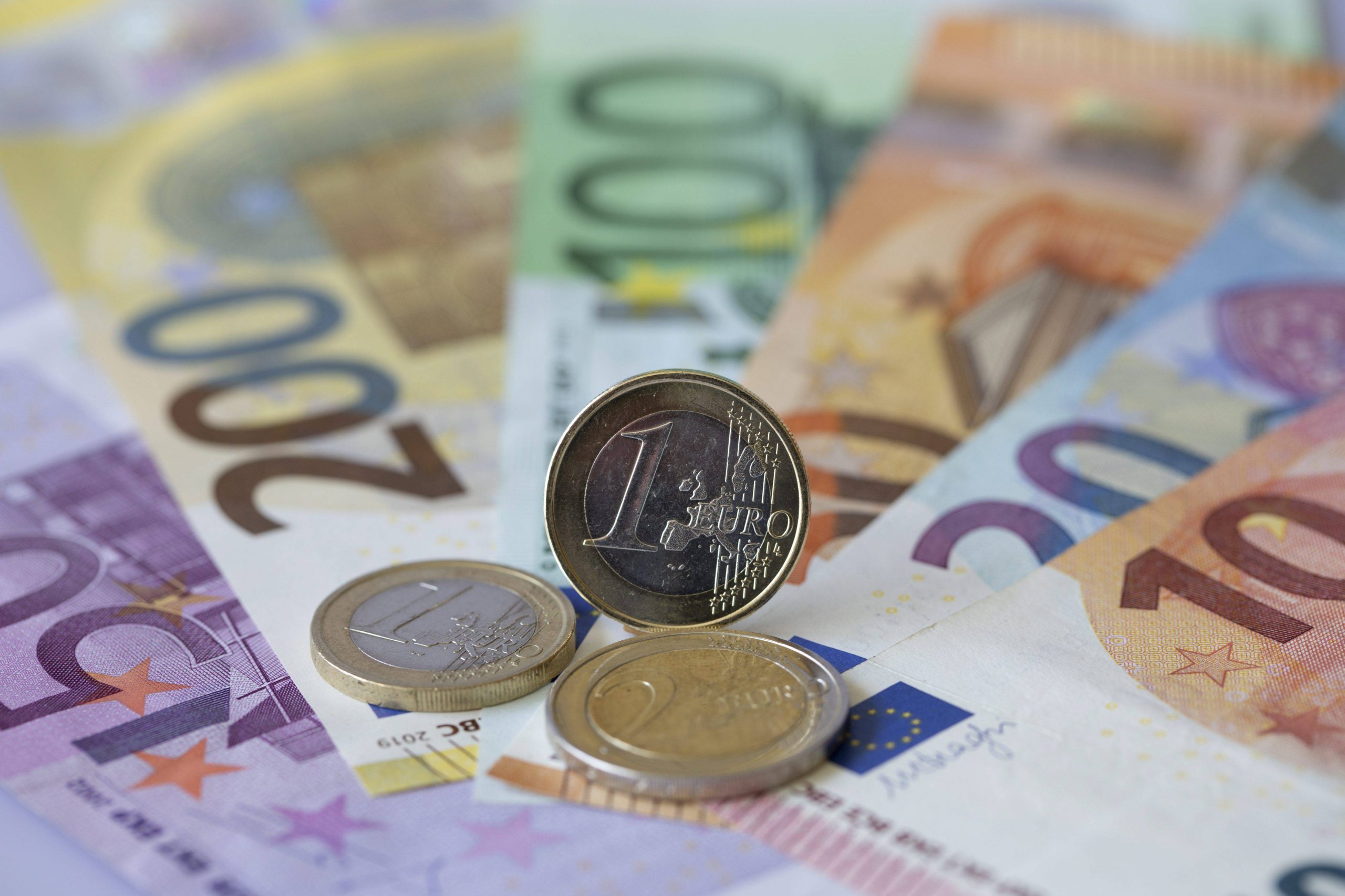As the European economic landscape endures its ebbs & flows, expatriates residing in Spain keenly observe the market trends that impact their investments and daily lives. The recent close of European stocks saw the Stoxx Europe 600 index subtly retreat, with healthcare and life sciences firms like Idorsia Ltd. enduring significant drops. This slight downturn in the market mirrors larger economic headwinds facing the Eurozone, which expats are navigating with a watchful eye.

The Current Eurozone Climate
While living under the Spanish sun, expats remain interconnected with the broader European economic performance. Within these dynamics, EUR strength—or occasional lack thereof—against the USD directly influences the cost of living and investment returns. The German DAX’s slight uptick contrasts with the general downtrend, a reminder of the economic diversity across European nations.
Trading Realities in Today’s Eurozone
For those who actively manage an MT4 account from their Spanish locales, the foreign exchange (forex) market remains a focal point. MT4, a staple in the trading community, offers a lens to view the intricate correlation between the Euro and other major currencies. The recent performance of the EUR/USD pair saw a modest decline, an outcome reflected through the portfolios of many traders in the region.
Top-tier trading platforms like MT4 deliver keen engagement with the market. This is necessary when economic indicators sway investments. It’s not just about the technical analysis but understanding how events within the Eurozone, such as the recent dovish tone set by the European Central Bank (ECB), can influence market sentiment.
Beyond Trading: Economic Indicators and Their Influence
In Spain, one must consider the bigger picture—the economic indicators that shape the country’s fiscal policies and cost of living. German industrial production and the performance of the FTSE 100 and CAC 40 reflect the state of their respective economies but also impact the Eurozone’s overall health. These indicators are vital for expatriates balancing their budgets and investment strategies.
The monetary strategies adopted by central banks across the Eurozone, including the ECBs stance on interest rates, have huge implications for the fiscal environment traders in Spain must navigate. Forex investors routinely scrutinize these economic signals, adapting strategies to safeguard their financial well-being in a fluctuating market.
The mix of global economic narratives with local realities presents traders in Spain with a complex tableau. As they attune their trading accounts to the drumbeat of the Eurozone, their understanding is constantly tested by the trading realities and economic indicators that shape this diverse and dynamic region.

Upcoming economic events in the Eurozone, such as the European Central Bank (ECB) General Council Meeting and the release of the latest inflation data, are focal points for currency traders. These events will likely influence market sentiment and trigger fluctuations in the forex market, particularly involving the Euro.
On November 30, 2023, the ECB General Council will convene an event that market participants closely monitor for insights into the bank’s future monetary policy decisions. As the central regulatory authority, the ECB’s stance on interest rates and economic outlook can lead to immediate effects on the strength and stability of the Euro. Any indication of a policy change, whether more hawkish or dovish than anticipated, could induce volatility as traders speculate on the direction of the currency.
Plus, the Euro Area inflation rate data, released on the same day, holds considerable weight. The reported decrease to 2.9% year-on-year in October 2023 suggests a downward trend in inflation, potentially alleviating some pressure off the ECB to raise interest rates.
Lower inflation rates typically translate to a lower likelihood of rate hikes, weakening the currency as investors seek higher yields elsewhere. However, with the core rate still above the ECB’s target, there’s an undercurrent of anticipation about how the central bank will balance growth with price stability.
If the ECB interprets the core inflation rate as a sign of persistent underlying inflation, it might maintain a tighter monetary policy, supporting the Euro.
Factors Impacting EUR Trading Activity
Conversely, the Euro’s trajectory isn’t only shaped by domestic indicators. International events, such as the Federal Reserve’s decision to maintain interest rates at a 22-year high, can impact the Euro as well.
The Fed’s actions often set a benchmark for global interest rates, and its current stance may strengthen the USD if the ECB’s policy is comparatively dovish. The explicit mention by Fed Chair Powell that the FOMC is not considering rate cuts in the near term could bolster the USD against the Euro, as the higher rates attract investors looking for yield.
In the days leading to these events, currency traders might adopt a cautious approach, potentially leading to reduced liquidity and increased volatility. Traders will be parsing statements from ECB officials for hints on policy direction, causing choppy trading conditions. Similarly, a less hawkish than expected tone from the ECB could amplify movements in the EUR/USD pair, particularly if juxtaposed against the Fed’s current stance.
In conclusion, the impact of these calendar events on currency trading activity will likely be significant. Traders will be keenly attuned to the outcomes of the ECB meeting and the inflation data, ready to adjust their positions by the shifting economic landscape. As always, the interplay of these indicators with the market’s expectations will determine the extent of their influence on the currency markets.








